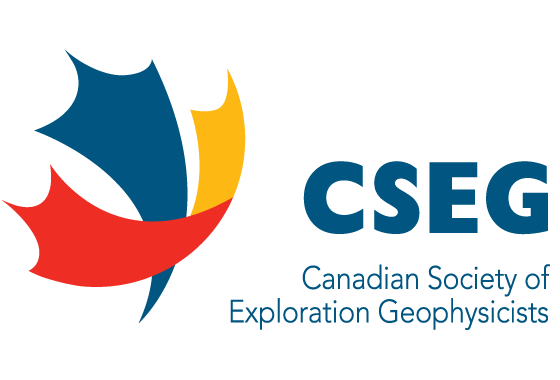Course Description
This 4 half-day course will help you take your basic Python knowledge and apply it to solving problems in geophysics. Whether you’re working on problems in near-surface or deep exploration, or you’re using seismic or radar data, we’ll cover the basics of 1D and 2D signal processing, forward modeling, property estimation, and scientific visualization. The goal is for the class to be a springboard for your own projects.
Here’s approximately what each day might hold:
Day 1 To make sure we’re all together from the start, we'll review NumPy for numerics and Pandas for data management. We’ll also review how to make simple plots of n-dimensional data in matplotlib. We’ll do all this by making some wedge models and synthetic seismic sections.
Day 2 We’ll continue the modeling theme and look at a real-world well-tie. Now we have to deal with bad logs, time conversion, Backus averaging, and computing offset reflectivity with the Zoeppritz equation. We’ll also start thinking about wavelets.
Day 3 As we get into seismic data, we will think about loading and visualizing data, and extracting attributes in various ways. This will also mean thinking about horizon tracking. Finally, we’ll build a simple waveform classifier.
Day 4 The last day is somewhat flexible and could go in several directions. We can dive into time-frequency analysis and spectral decomposition, or we can look at interpolation, or Monte Carlo sampling… or we can step back and you can start building a project of your own — with some guidance.
Target Audience
Geophysicists
This class assumes you have a sound knowledge of Python, and in particular, if you know how to:
- Write a function in Python,
- Load a CSV into Pandas,
- Make a plot in matplotlib.
Special Information
A working installation of Python – we will advise about this prior to the course.
Biography
Matt Hall has a PhD in sedimentology from the University of Manchester, UK, and 20-something years’ experience in the energy industry. He has worked for Statoil (now Equinor), Landmark, and in 2005 to 2010 at ConocoPhillips as a geophysical advisor. Matt has written various papers, articles, conference papers, and book chapters, and edited 3 books.




